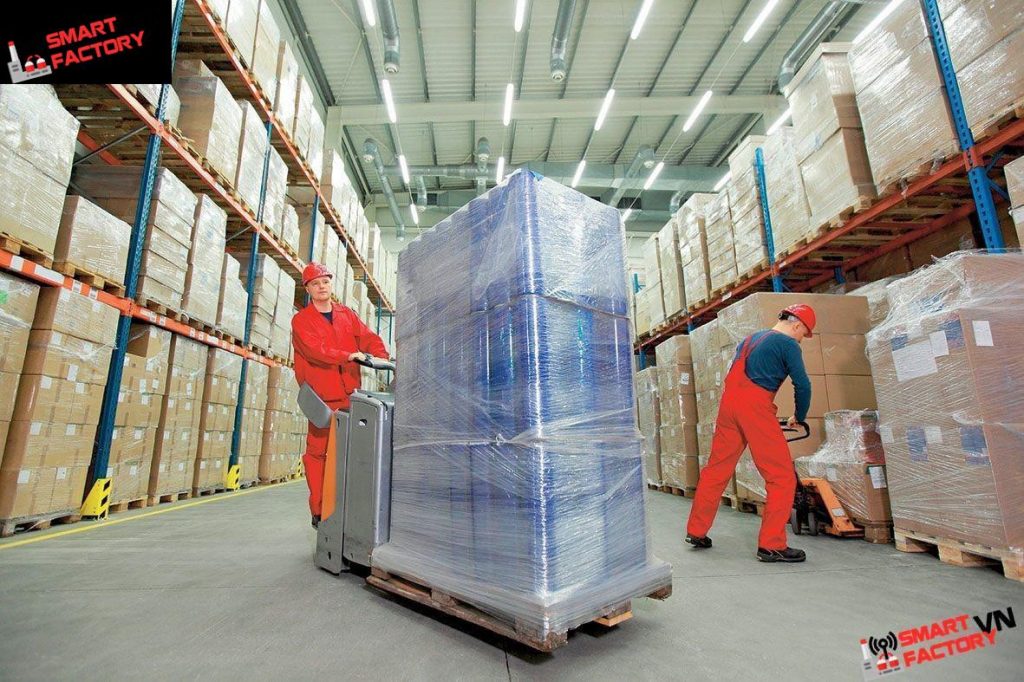According to JLL Vietnam’s experts on the development path of the logistics sector in Vietnam in the coming time.
Under the influence of the Covid-19 epidemic, global trade and Vietnamese trade are undergoing a strong structural shift in sales in the domestic market from the traditional trade channel to the e-commerce channel.

In a press conference with the topic “The future path of Vietnam’s logistics industry” held on the morning of December 15, JLL Vietnam assessed that e-commerce is a driving force for logistics real estate demand.
Opportunities
E-commerce companies often use more space for logistics than traditional retailers. This is mainly because the number of products of e-commerce enterprises is richer, with a large inventory level, and the requirement for overseas shipping space is also greater because of the need to return goods.
According to Ms. Trang Bui, JLL’s Senior Director of the Vietnam market, when compared to the global market, the e-commerce model in developed countries such as the US, South Korea, … warehouse real estate development is 3 times more than e-commerce development.
She also shared that in the past 2 years, FDI inflows into the logistics real estate sector in Vietnam have increased sharply. Huge investment funds have poured about $3 billion for phase 1 and many investment funds are also inviting investors for phase 2.
“The demand of investors in industrial park real estate entering the Vietnam market at this time is also very great. In the past, they often needed to find a land fund to develop with a scale of 5,000-10,000 m2. Up to now, it has increased to 10,000 – 50,000 m2”, said Ms. Trang Bui.
This unit also assessed that cold storage will emerge in the field of logistics when the number of consumers ordering goods online increases during the pandemic.
The market will also see a dizzying increase in cold storage demand in support of essential medical services such as the rotation and storage of the new Covid-19 vaccine. If the national vaccination program begins, vaccine preservation will become important to every country.
When compared to other countries in the region, logistics property prices in Vietnam are at the lowest level. Ms. Trang Bui also predicts that in the next 12 months this figure will increase by about 12% due to limited land availability. In fact, the rent in the North is about 3.9 USD/m2/month, higher than the average rent in the South.
Challenges
In the opinion of experts, in order to fulfill the future growth goals, Vietnam’s logistics industry still faces many challenges.
First, it is necessary to continue stabilizing reasonable investment and infrastructure, focusing on developing highways, utility networks and promoting the use of renewable energy.
Besides, Vietnam’s cross-border trade process still has many points that need to be improved in terms of both time and cost. In terms of cross-border transaction costs, such as the cost of document compliance and import-export costs, Vietnam is a less competitive market compared to most countries in the region.
ASL LAW is real estate law firm in Vietnam. If you need any inquiry, please contact us.

 Tiếng Việt
Tiếng Việt 中文 (中国)
中文 (中国)

